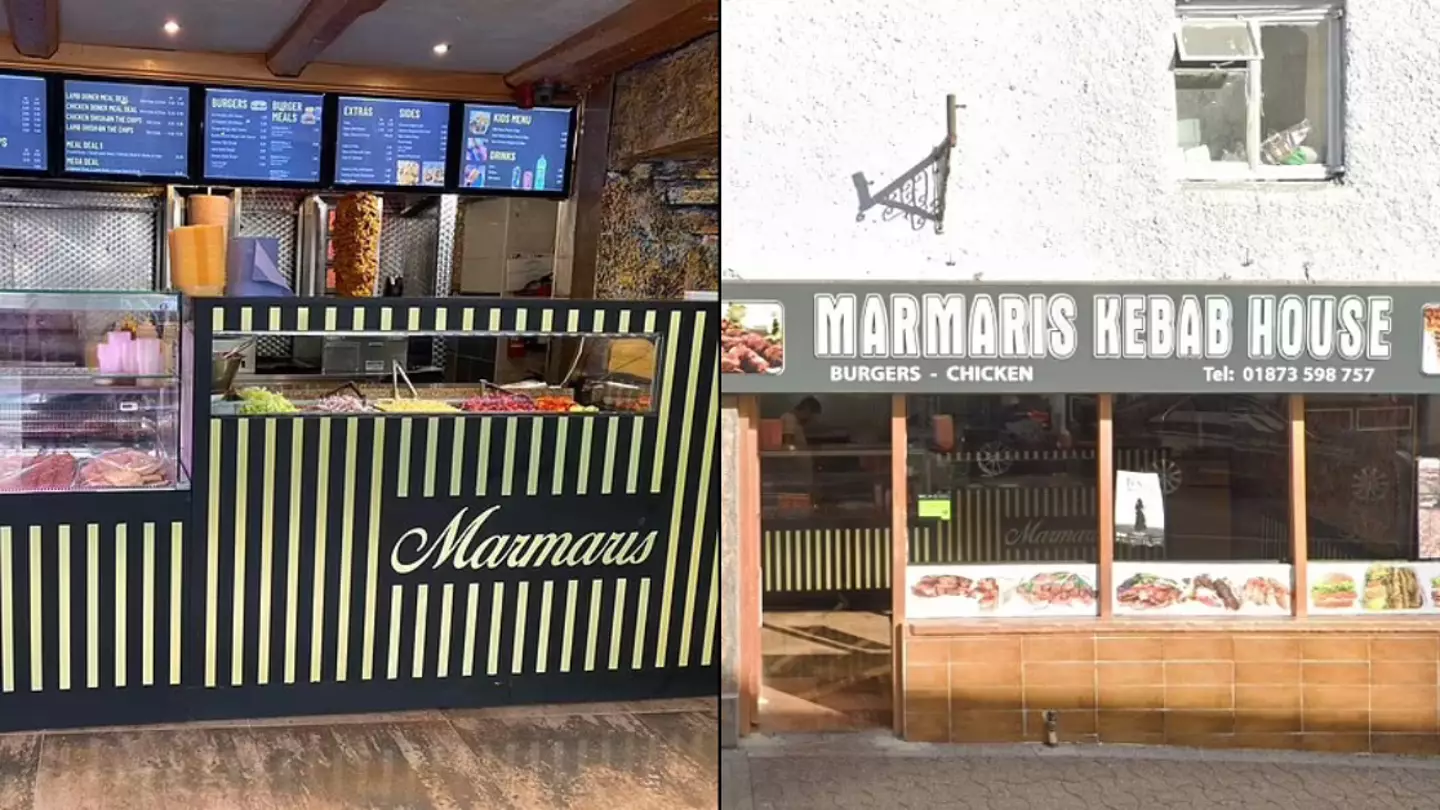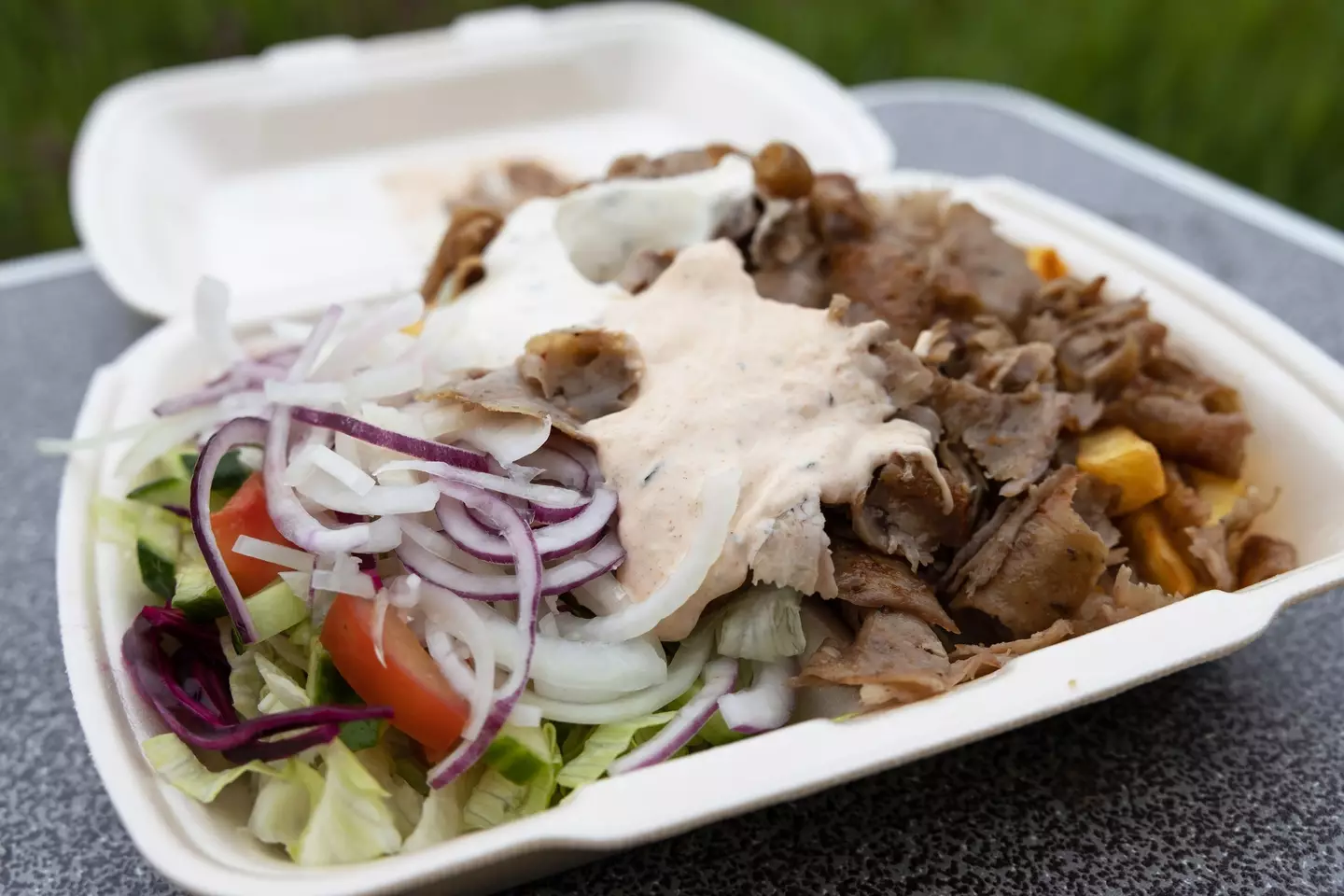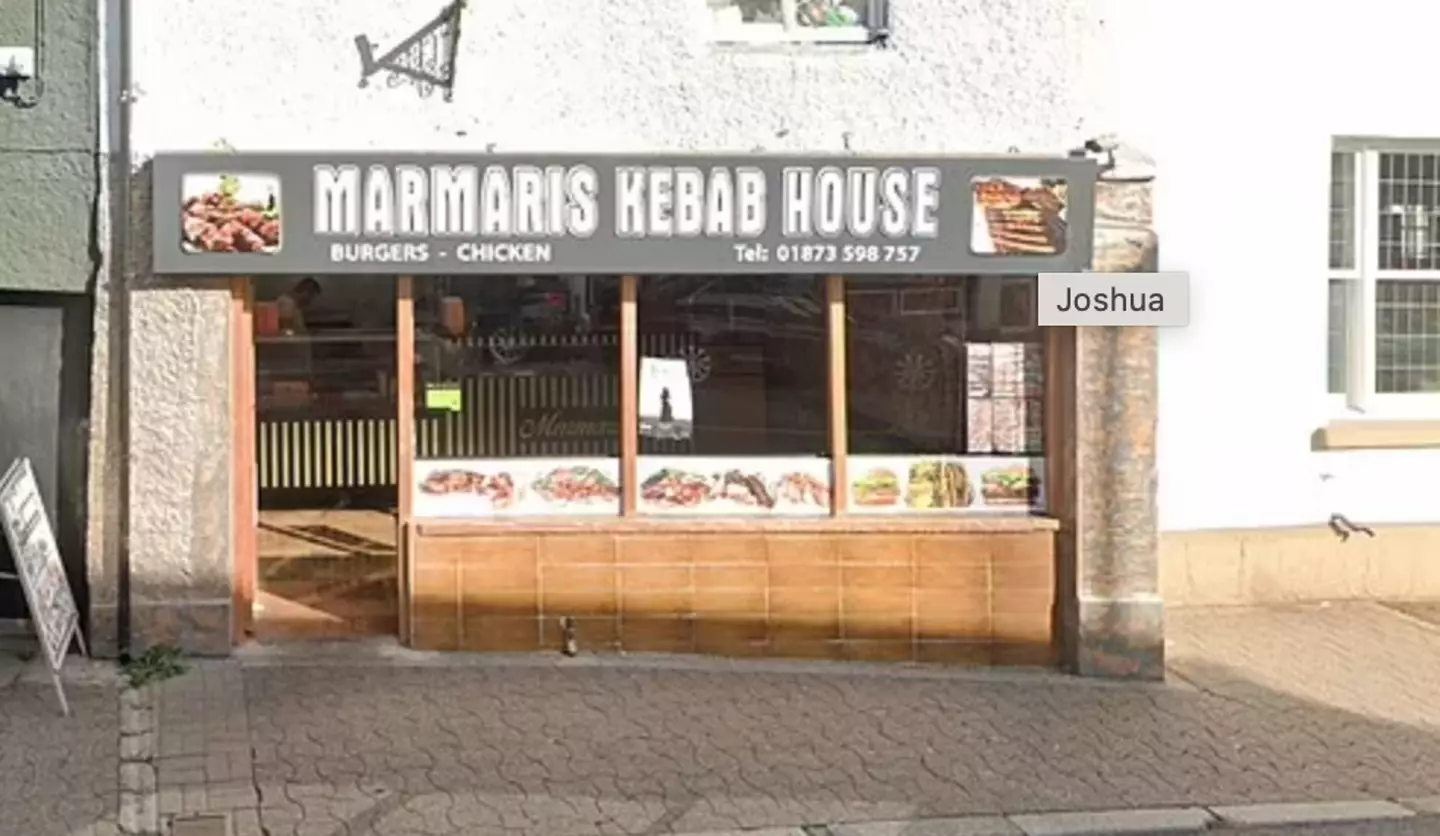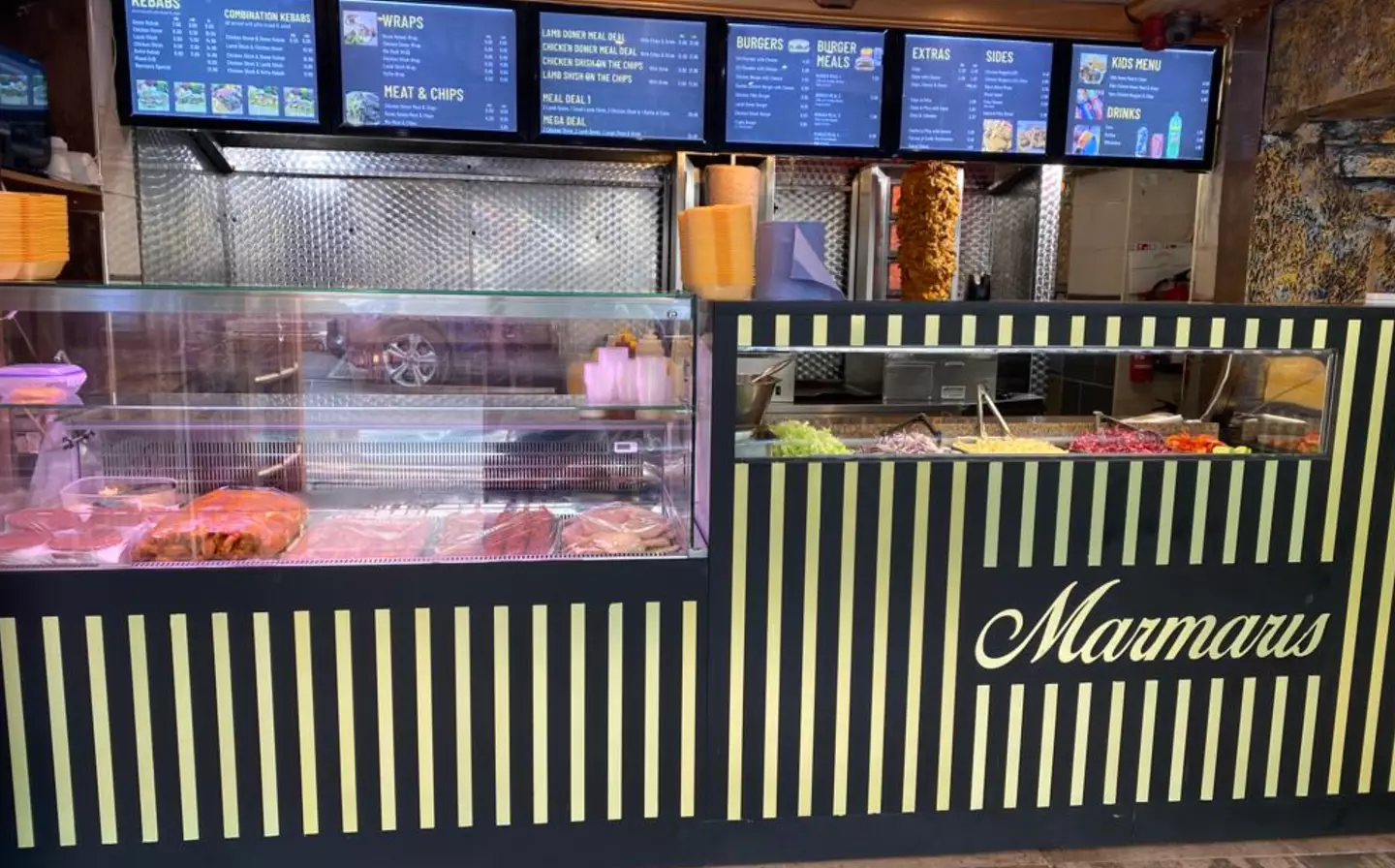
A Welsh takeaway is believed to have caused a disease in a number of customers after serving them poisoned food.
Kebabs are a British staple, a common go-to when it comes to the end of a night-out, but destroying a doner kebab after a few pints could leave you with several health issues if you're not careful.
50 people fell victim to one takeaway in Abergavenny, South Wales, after ordering a meal from the Marmaris Kebab House, needing hospital treatment.
A court heard that people suffered with 'vomiting, fevers, terrible stomach cramps and blood in their diarrhoea,' while an investigation found that customers ate food contaminated with shigella bacteria, which could be 'positively linked' to the kebab shop.
Advert

The bosses of Marmaris Kebab House, Sami Abdullah, 46, and Hassan Saritag, 38, have been fined over £10,000 after the incident, as they pleaded guilty to putting unsafe food on sale, not putting the correct food safety measures in place and also for not registering new owners at the business.
Public Health Wales stated at the time that they knew of 'an increase in cases of gastrointestinal illness' in the area, as the court heard that this case of food poisoning has a 'widespread impact' on those affected.
The cases were thought to be cased by the shigella infection, which is an intestinal infection that can be described by the NHS as 'a gut infection that causes diarrhoea, stomach cramps, and fever'.
It can result in hospitalisation, though symptoms often clear up in four to five days.
Advert
One of those affected was an 11-year-old boy who was so unwell, that it was believed that his condition led to him getting type 1 diabetes, report MailOnline.

The exact source of the outbreak is yet to be determined but an investigation found it to be associated with a failure to separate unwashed and washed vegetables when making coleslaw.
Scientists and health experts have now explained how kebabs can cause serious health-issues if not handled correctly.
Professor Rory McCrimmon, the Dean of Medicine and Professor of Experimental Diabetes and Metabolism at the University of Dundee, explained that a bacterial infection can trigger diabetes in rare cases.
Advert
He explained: "The stress of an infection can manifest a disease - like diabetes - that was already there,
"We still don’t know what the cause of type-1 diabetes is. There is something in the environment, but we don’t know what."
His statements come after a study by Welsh researchers at Cardiff University, which found that bacterial infections can cause type-1 diabetes, as they found that proteins from bacteria - like those that contaminated the kebabs - can lead to the immune system attacking insulin-producing cells.

Professor Andrew Sewell, from Cardiff University's School of Medicine, stated: "Killer T-cells (a type of white blood cell) are able to target and attack body cells that produce a specific protein. We found that after encountering proteins from some infectious bacteria, killer T-cells could mistakenly also kill cells producing the insulin protein.
Advert
"We found activated T-cells with this same "cross-reactivity" in the blood of patients with type 1 diabetes suggesting that what we saw in laboratory experiments could have triggered the disease," he added.
Despite this, Dr Lucy Jones, clinical lead in the study, said that this was incredibly rare, and would only happen in a handful of Brits.
Professor Sewell mentioned the boy that fell ill after the outbreak, saying: "Without knowing any details, I suspect that the boy likely presented with disease within a few months of the kebab house generated infection incident – right? If that is the case, then I think we can safely say that the infection did not trigger disease."
Topics: Health, Business, UK News, Food And Drink, NHS